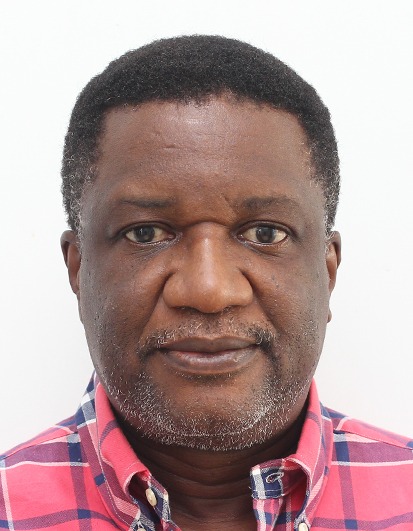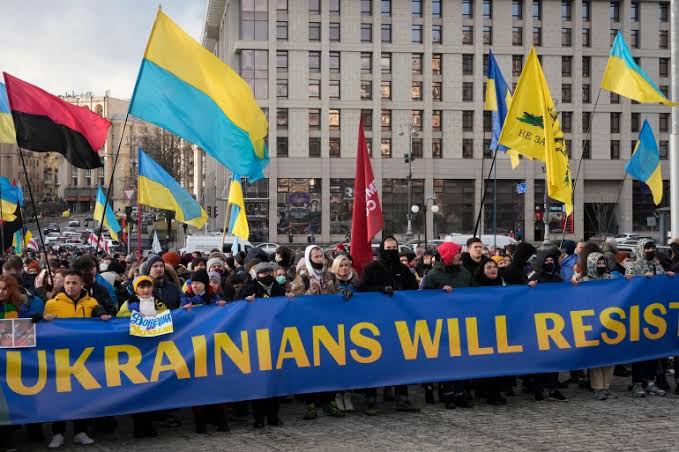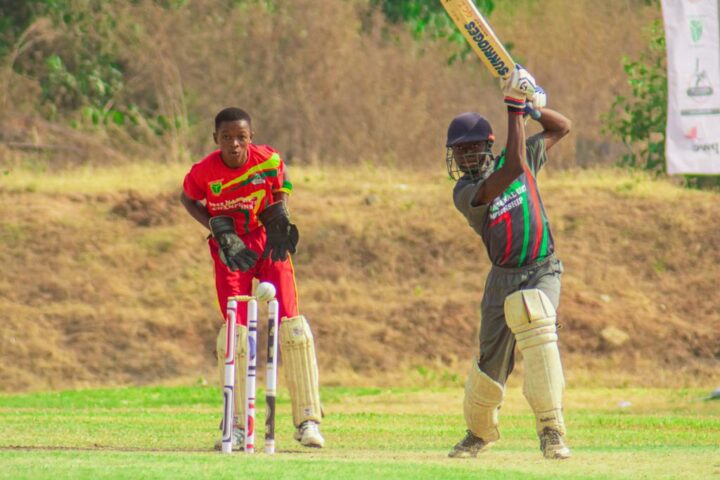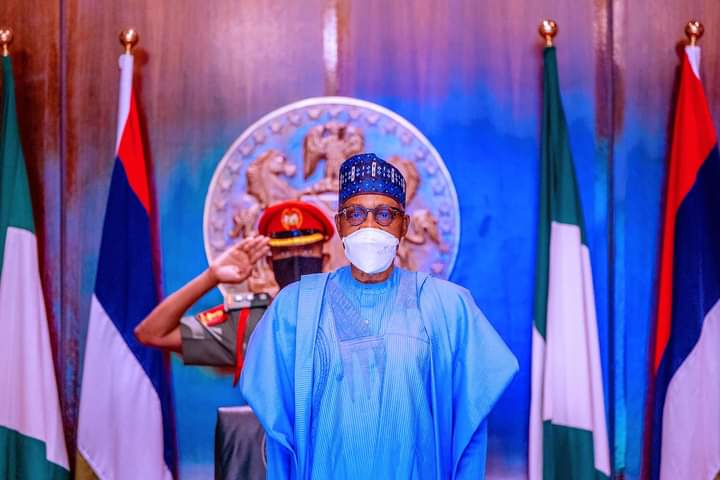Fewer events are common in the human story than warfare. You may even surmise that history is a collation of conflicts, spilling guts and cracking skulls to settle scores. The Punic Wars of the ancients, one of the longest in recorded wars, raged for almost eight decades is an old example that warfare is not a modern invention. We have probably been spilling blood since creation.
Homer painted a gruesome picture from a battle in the Punic Wars. He depicted the horror of the wars to the ancients with cinematic verve. The bard froze the gory end of one Erylaus in the war for time and posterity. Listen to Homer in Iliad, on the fate of that young soldier from Troy:
He (an unnamed Greek soldier) flung a rock,
and it struck between (Erylaus) eyes
Advertisement
and the man’s whole skull split in his heavy helmut,
down the Trojan slammed on the ground, head down
and courage-shattering
Advertisement
Death engulfed his corpse
The verses on the cracked skull and shattered life could well have been from the slaughter fields of ISIS and the tragic end of Erylaus from the raging war in our North East. Poor Erylaus bleeding into his “heavy helmut” also reminds us that war has been an untidy business before the Kalashnikov and Tucano jets further muddled the crimson waters.
Carl von Clausewitz mused that a world unpunctuated by war is utopian. His classic work on war and strategy, Vom Kriege, initially published in 1832, is still a significant text in military academies. Europeans have fought more than 40 wars since the Von Clausewitz work. His native Prussia morphed into Germany after it, surpassing the wildest expectations of her founder Otto von Bismarck. Germany has twice vanquished her arch-foe, France, subjecting the Gaelic nation to a humiliating occupation in WWII for more than four years.
Advertisement
But Europe has been calm since the end of WWII, more than at any time in a thousand years. The war of nation against nation as such that claimed Erylaus at Troy is out of fashion on European soil. You only get to see her fingerprints in the numerous offshore conflicts it stokes, especially in Africa and Asia.
Once the enfant terrible of Europe, Germany has literally also beaten her swords into ploughshares. Listening to Chancellor Angela Markel the other day, I wondered how the nation of Josef Goebbels and Ernst Rohm managed to transmute from habitual truculence into a credible pacific state.
So also has the rest of Europe. Think of it, just a while ago, Britain was here by force of arms. Though it preached in churches that the meek would inherit the earth, it ran the world by swords and frigates. When John Beecroft wanted a chunk of Lagos for the crown in 1851, he put a frigate on the waters and shelled the natives into submission. When Benito Mussolini desired a piece of Ethiopia in 1935, he hurled some battalions of jackboots across the ocean to grab as much of the country as he fancied.
Unlike now, nations were seldom abashed at making wars and paying with the blood of Erylaus. Josef Stalin was unabashed when he learned the Papacy might object to his territorial ambition in Eastern Europe, “The Pope?” he reportedly asked pensively, “How many (army) divisions has he?” That retort by the Russian dictator is a statement on the right of might. It is also a stark admission on the place of force in power politics.
Advertisement
On Stalin’s chair, Vladimir Putin understands the rules of the game. Like Stalin, he seems to be asking, “How many Divisions has Ukraine?” as he trains the guns on Kyiv.
What are the issues in Ukraine? First, a section of the Russian elites is unhappy about how the Cold War ended. It feels humiliated that the Berlin Wall, unlike the walls at Jericho, crumbled just by the sleight of hands in Washington.
Advertisement
Second, nostalgic about their lost empire, the grieving elites are uncomfortable with the American swagger and triumphalism. Who will forget the cliché from the 1990s: “the Cold War is over, and America won”? John McCain, a ranking US Senator not known for verbosity, was in that triumphant default the other day, when he described Russia as ”a gas station that thinks itself a country.” Russians hate such epithets.
The third and most discomfiting to the present crop of leaders in the Kremlin is the mass drift of former members of the Warsaw Pact into NATO. Russians often swore that Washington promised “there would be no extension of NATO’s jurisdiction … one inch into the East” when the Berlin Wall fell in 1990s.
Advertisement
The US heavily disputed the undertaking, and Moscow could only bite her tongue as her former allies flock into the North Atlantic Alliance. Czechoslovakia, Hungary and Poland went first in 1999. Bulgaria, Estonia, Latvia, Lithuania, Romania followed in 2004, and Albania in 2009. Ukraine, Bosnia-Herzegovina, and Georgia now have their feet at the door, as the Kremlin in clenched teeth swears, “Never Again.”
Russia is particularly opposed to a seat for Ukraine at NATO because Ukraine is not Czechoslovakia, Hungary or Poland. Kyiv had been a part of Russia for aeons before becoming a part of the USSR. Putin knows he must keep her firmly in Russia’s sight even in a forced marriage.
Advertisement
Putin knows Ukraine’s heart has always been with the West despite the imperative of history and geography that tied her with Russia. Ukraine too has always shown her preference for the West. Unlike the Polish, Ukrainians did not pelt the German Wehrmacht with grenades or bombs when Adolf Hitler entered the country en route to Moscow in WWII. Russians recall some Ukrainians initially welcomed Hitler’s soldiers with kisses and fresh bouquets when they came calling in 1941.
But it is doubtful the West would be putting boots on the ground for Kyiv when the chips are down because NATO is unlikely to risk making Erylaus of its citizens on this debacle. More doubtful the events would result in a nuclear confrontation. Germany, a key member of the North Atlantic Alliance, has often indicated her unwillingness to get entangled with Russia. She understands that a shoot out tango with Russia would shut the gas valves. Germans need the natural gas supplies from Russian fields to heat their homes and power their factories.
The coming midterm elections also cast a long shadow on the possibility of Americans putting a boot on the ground for Ukraine. Besides, how would Joe Biden manage to get a consensus in that deeply polarized polity? So, it leaves Mr. Putin with more than a chance to forcefully pursue his strategic objectives in Ukraine.
But Russia will not come out of this debacle smelling like a rose because Kyiv is not Crimea. It is 2022, not 2014 or 1945. The picture of a nation as a bully is bad optics. The American global stature the Russians so openly covet requires suave deftness. It is high time Moscow too learned the art of concealing her mail fists in velvety gloves.
Some local lessons from Ukraine: Allies may read stern solidarity speeches supporting your cause at the UN. They may even offer materiel supports but they are often shy to put boots on ground due to personal interests. No nation likes to make Erylaus of its citizens for another country. Ultimately, a nation is always alone when facing her demons.
Mr. Akinyosoye is a Member of the Nigerian Institute of International Affairs (NIIA)
Views expressed by contributors are strictly personal and not of TheCable.
Add a comment







